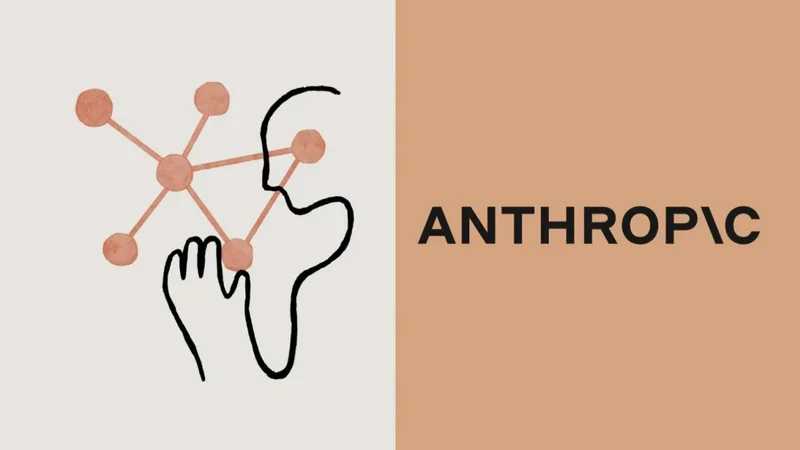Article Directory
Okay, so here we go again. Another tech company promising the moon with AI. This time it's eSentire, bragging to VentureBeat that Anthropic's Claude cuts security investigation times by a factor of FORTY-THREE. Forty-three! Give me a freakin' break.
The Hype Train is Leaving the Station
According to the press release—sorry, exclusive interview—integrating anthropic ai models into their XDR platform turns five-hour investigations into seven-minute sprints. And get this: they claim it matches senior analyst decisions with 95% accuracy. Ninety-five percent! Either SOC analysts are dumber than I thought, or someone's fudging the numbers here. Probably both.
Dustin Hillard, eSentire's chief product and tech officer, says they're not trying to "remove work but deliver better outcomes." Oh, please. That's PR-speak for "we're automating your job, but we'll dress it up as 'empowerment.'" Let's be real, what happens when you can do the same work with fewer people?
The article goes on about how platform integration is the "next evolution" of XDR. Fine, maybe it is. But color me skeptical when I hear about AI "orchestrating multi-tool workflows" and "correlating threat patterns across thousands of data points." Sounds like marketing bingo to me.
The Devil's in the Details (That They Conveniently Skip)
They say Claude can replicate how senior analysts think. Really? Can it handle the gut feelings? The hunches based on years of experience? Can it tell when a junior analyst is covering their ass? I doubt it.
And what about the false positives? Dropzone AI says SOC analysts can only investigate 22-25% of alerts, and false positives can hit 80%. So, Claude is just going to automate the process of ignoring most alerts? Great.

Look, I get it. The security industry is drowning in alerts. Analysts are burned out. The U.S. Bureau of Labor Statistics projects a 33% growth in security analyst positions. Something needs to give. But is AI the answer? Or just a shiny distraction?
This part is interesting: "Earlier this year, around Claude 3.7, we started seeing the tool selection and the reasoning of conclusions across multiple evidence-gathering steps get to the point where it was matching our experts." Matching, huh? Not exceeding. Matching. So, we're replacing human expertise with... a slightly faster version of human expertise?
They ran 1,000 scenarios and found 95% alignment with expert judgment and 99.3% threat suppression on first contact. Okay, who designed those scenarios? Were they cherry-picked to make Claude look good? What kind of threats were they testing? The article doesn't say. Convenient, offcourse.
The Network Effect? More Like the Network Hype
eSentire's Threat Response Unit uses Claude to search across all kinds of data. They claim that an attack against one customer strengthens defenses for all customers. The "network effect," they call it. Sounds good in theory, but what about privacy? What about data breaches? What about the inevitable AI screw-ups that expose sensitive customer information?
Hillard says their threat hunting stays ahead of commercial feeds 35% of the time and identifies threats never seen in commercial feeds 12% of the time. That's... actually not bad. But I'm still not convinced. It feels like they are selling anthropic stock without really explaining the risk.
But wait a minute... are we really supposed to believe that security analysts are spending a WEEK on tasks that they can now do in an hour? Seriously? Maybe the problem isn't a lack of AI. Maybe the problem is just bad management. According to VentureBeat, How Anthropic's Claude cuts SOC investigation time from 5 hours to 7 minutes, eSentire claims their platform integration reduces investigation times drastically.
So, What's the Real Story?
Look, I'm not saying AI can't help with security. It probably can. But let's not pretend this is some magic bullet that solves all our problems. It's just another tool. And like any tool, it can be used for good or for evil. Or, more likely, for generating marketing buzz and lining the pockets of tech executives.
